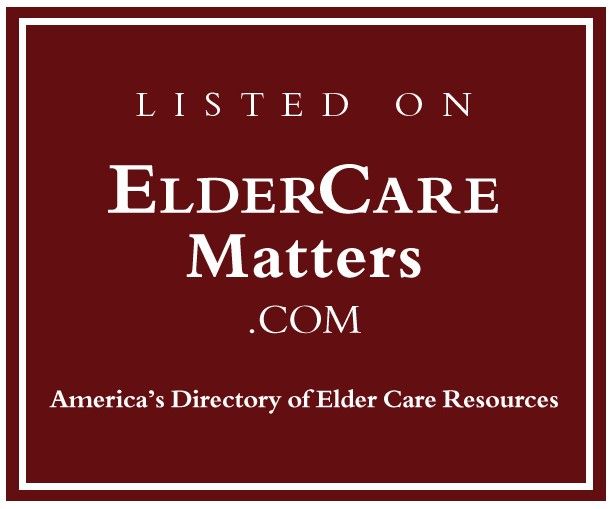
Guardianship Attorneys in Sarasota
Providing Comprehensive Estate Planning Services since 1983—Serving Throughout Southwest Florida
For persons who, due to physical or mental disabilities, are unable to responsibly attend to their financial or healthcare matters, the law provides a safety net to protect them. This system is referred to as guardianship. With roots going back to medieval times, the judicial guardianship system is designed to assure court supervision of the welfare of vulnerable individuals.
At Advocates in Aging, the kind of guardianship proceeding we most often encounter concerns addressing the needs of someone who, due to some physical or psychological challenge, needs court intervention to protect them. There are a variety of types of "guardianships" depending on the situation.
For example, parents of minor children are considered "natural" guardians of their children. Children involved in a legal proceeding may have a "guardian ad litem" appointed to protect their interests, and, for persons with mental health issues, a "guardian ad litem" may be appointed to make treatment decisions for them.
Seeking guardianship to protect your loved one? Contact us online to get started on your case with our experienced Sarasota guardianship lawyers.
Does Guardianship Override Power of Attorney?
Unless the terms of the guardianship are limited to certain areas, the answer is generally yes, a guardianship overrides power of attorney. The person who successfully petitions for guardianship will have the authority over the person needing protection and the power of attorney will no longer have any effect.
If an individual has signed a power of attorney or healthcare document, if they now refuse to cooperate with the agent, a guardianship may still be required. This often comes as a shock to families who took the preventative steps of securing the recommended power of attorney and now find that it can't be used to override the person's directions.
For example, often, a person with dementia will strenuously resist a nursing home placement. The family expects that they can simply use the authority of the power of attorney to force the placement. This, to their chagrin, is not the case. When a person signs a power or attorney, they have not given up their right to make their own choices.
Unless and until a court removes that person's legal right to make decisions, he or she retains those rights. If the person is experiencing the effects of dementia, for example, they may be unable to understand that they are no longer making appropriate or safe decisions. In those cases, guardianship may be necessary.
Guardianship Intervention Requirements
Guardianship intervention is required when:
- The person has not signed a power of attorney or healthcare directive appointing someone to take care of their affairs.
- However, guardianship may also be required where the individual appointed as power of attorney or healthcare agent procured the authority improperly or is misusing that authority.
- This becomes especially important in cases where the individual was suffering from some cognitive challenge such as dementia and can't monitor what the agent is doing.

What Makes Advocates in Aging The Right Choice For You?
-
Nationally Known
Testified Before Congress, Helped Draft Laws Protecting Florida’s Elders and Works with Attorneys Throughout the U.S.
-
Track Record Of SuccessAs the First Elder Law Firm in Sarasota, The Best Results and Satisfaction of Our Clients are the Most Important
-
Comprehensive RepresentationHighly Experienced Attorneys who are Constantly Evolving With the Newest Laws
-
Free 30 Minute Case EvaluationOffering Free Consultations in Person or By Phone

Advocates in Aging Is Here to Help
Our law firm routinely works with seniors and their loved ones to determine the best course of action, file the required paperwork, and represent them in proceedings with the appropriate administrative agencies. We also work with the guardian to assure their compliance with court required accounting and other reports.
Call Advocates in Aging today at (941) 242-7270 or contact us online to schedule a free consultation with our guardianship attorneys in Sarasota.

[1].2108101138073.png)






